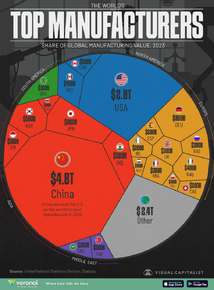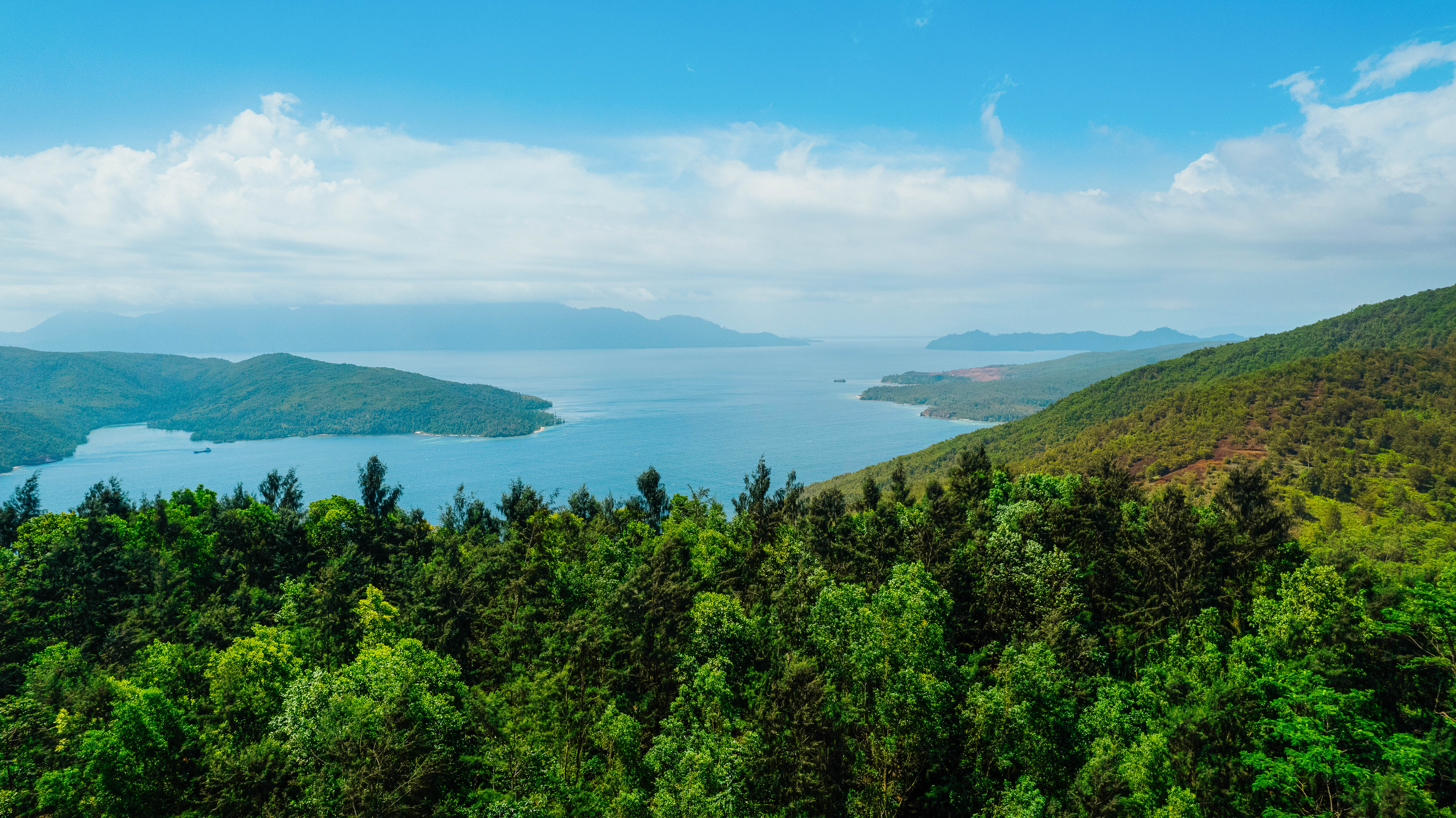SolarisKenzo
Well-Known Member
Yes it was an official seizure by the italian authorities.

 www.forbes.com
www.forbes.com
Well when US weaponise trade sanctions first, do US officials and businesses still think China will not hit on their sanctions back ? Sorry on this time it is US that use it first and now complaining when China return the favour."This is a clarifying moment for the drone industry,” Bry wrote in a note to customers obtained by the Financial Times. “If there was ever any doubt, this action makes clear that the Chinese government will use supply chains as a weapon to advance their interests over ours. “This is an attempt to eliminate the leading American drone company and deepen the world’s dependence on Chinese drone suppliers,” he added.

 www.forbes.com
www.forbes.com

I find it difficult to know exactly. the CCP is very tight lipped, but on the other hand there are many china youtube accounts which will pump out videos showing problems China has, such as it's marriage and children issues, masses of factories being closed, factory workers being fired and unpaid, uni graduates sleeping in train stations and high youth unemployment. Even now, before the tariffs, or a war, China has many hidden issues like last year cars, both ICE and EV's were being sold at a loss because things were competitive, and the chinese companies wanted to focus on keeping the factories functioning. There's too many to list hereJust wondering what the thoughts might be here:
Thinking of the painful trade and economic ramifications to China of the recent and on-going ‘trade war’ between the US and China, and the decoupling downturn in significant trade traffic in key markets.
*Could this current downturn in trade and its economic impact be seen as demonstrating ramifications beyond just military which would result from an initiating conflict around Taiwan and SCS?
*Might this current upheaval in trade markets show that even if confident in a ‘successful’ military action it would be isolating for China and devastating for its trade, its economy and its society. so therefore making the prospect of conflict less probable?
Perhaps there’s more intrinsic incentive in China to at least attempt to maintain a trading status quo?
Except that meekly accepting Trump's initial tariffs without responding would embolden him & be seen in China as a humiliating sign of weakness. We know that Trump is perfectly capable of tearing up a deal he's negotiated & demanding more: his current tariff mania includes the scrapping of deals he signed, claiming they were brilliant, beautiful, etc. Now he says they were agreed by morons. Doh! He's upped his demands in the current wave of lunacy when foreign governments have seemed to be willing to go along with them.Just wondering what the thoughts might be here:
Thinking of the painful trade and economic ramifications to China of the recent and on-going ‘trade war’ between the US and China, and the decoupling downturn in significant trade traffic in key markets.
*Could this current downturn in trade and its economic impact be seen as demonstrating ramifications beyond just military which would result from an initiating conflict around Taiwan and SCS?
*Might this current upheaval in trade markets show that even if confident in a ‘successful’ military action it would be isolating for China and devastating for its trade, its economy and its society. so therefore making the prospect of conflict less probable?
Perhaps there’s more intrinsic incentive in China to at least attempt to maintain a trading status quo?
Fitra Eri, Moladin, Om Mobi and many others...it is always fun to watch their videos.China EV supply chain dominance is the one of the big factor why China EV producers basically can cut huge costs advantage other EV producers.
This Automotive Influencer video on EV Ecosystem trade fair in Jakarta, shown how the dominance of China EV supply chains strategy are. Indonesia like Vietnam, Thailand, and Malaysia wants and provide incentives for local EV manufacturing. Basically South East Asian want to have their own EV brand and ecosystem. They see EV is chance to break into automotive market that's being dominate by established ICE brands. They see this is chances to build your own brand and industry without breaking the ceiling of ICE tech and Invesment.
This is where China shown their supply chain flexibilities. Rather then complaining on trade barriers or domestic industrial protection, they addapt and give options:
In sense, they don't care if it is using their own brand or only just being suppliers. They give options to build in China or manufacture locally. As long as it is still connected to their supply chain.
- Invest their own brand manufacturing,
- Rebrand their design as generic option,
- Provide local new brand with design, software, electric motors, battery etc. Basically become suppliers in everything needed.
They can work with local brand that want to have bespoke type PT Aletra Mobil Nusantara - Mobil Listrik Ramah Lingkungan. As this example of one Indonesian brand that work with Geely group. Geely then provide design that more suitable to Indonesian market appetite, using their software, systems and motors but build locally on a design they also not use on their own line up. Real bespoke partnership options.
This is basically the flexibilities that China supply chain provide. Something that make, whatever Trump demand hard to break by many Asian market. It is not just matter of costs and accesabilities, it is matter of flexibilities to addapt on each market condition and demand.
This is soft power no matter US Trump or EU call. It is not just matter of lower costs production. Something that India, Indonesia, Thailand, Bangladesh, Vietnam or even Japan and ROK quietly admitted. China want to dominate, but doing it with economics of scale of their manufacturing ecosystems. Making them Partner that hard to side track and left behind.
Both US and China economically not in best possition actually to fight this trade war for long term.


I would argue that you cannot blame the companies (at least not completely). They are operating under Indonesian environmental and workplace safety laws and regulations.It is great that Indonesia is limiting the export of raw nikkel since a couple of years, and process it in country to increase the value and improve the local industry, but as we all know foreign companies (and local ones too btw) do not care about the environment and the local population.

As ussual in Indonesia the problem is not the regulations or penalty or technical assesors, it is how to enforce. Because the last one still open to negotiation. However for me I also don't say that DW is all correct, afterall it is DW and all this years shown it has political agenda bias.then they need to introduce regulations (with appropriate penalties) and have trained inspectors to enforce those regulations.
The amount of the fine is negotiable?!?Yes, enforcement in Indonesia is the one that I say is negotiable. Especially the fines for environmental penalties. There are always fines first, however the calculation of the fines is the one that negotiable.
Environment penalties something that are not really give much attraction, unless it is already too exposed. If the situation shown externally ok, the calculation on details can be negotiate.
